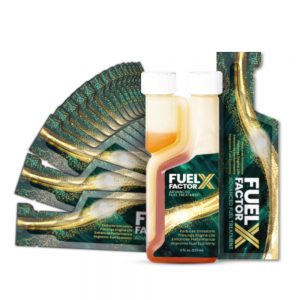Factors Affecting Your Decision to Sell Your Car
Many factors can affect when you decide to sell your car. You may be starting a family and need a bigger vehicle, or your job has moved further away from home, and you need something fuel efficient for the commute. Whether selling to an individual or a dealer, ensure your car has good “curb appeal.” Look for options that increase value, like keyless entry or leather seats.
Condition
When it comes to selling your car, the condition is important. A vehicle in good condition is worth more than one with mechanical problems or a messy interior. In addition, a car with factory-installed extras, such as leather upholstery or a sunroof, increases its value. Also, maintaining records and a clean title will boost your sale price. Buyers may have questions about your car’s history or performance, so you should be ready to answer them. Having a vehicle history report available for prospective buyers is also helpful. It helps reassure buyers that you are honest and do not hide anything from them. It is best to have your car inspected by a mechanic before you sell it. It will help you identify any issues that you need to repair before the sale is complete. Removing personal items from the car before you show them to potential buyers is also a good idea.
Price
Whether you sell your car privately or to a dealer, the price you ask for is a major factor. You can use the best website to sell car online to understand what other people pay for similar vehicles.
You also need to know your market. For example, you may get more for your vehicle if it has popular options and is in good condition. Other factors influencing pricing are the year, make and model of your car, its mileage and state, and whether it has any factory equipment.
Be prepared to respond to inquiries from prospective purchasers on the history of your car, including its maintenance logs. Also, be ready to give a test drive and answer any questions about the car’s performance. Be wary of anyone who refuses to allow a test drive or demands to see your driver’s license before handing over the keys. It could indicate they are trying to gain access to your personal information or money.
Repairs
It may be tempting to invest in a major repair to give your car a better chance at selling, but it’s important to consider whether or not that repair is worth the money. If it’s an expensive fix and you’re in a high mileage bracket, it may make more sense to start shopping for a new vehicle. Keeping service records and warranty paperwork on hand to show buyers. It reassures them that the car is well-maintained and gives them an edge when negotiating a price. Having the vehicle professionally inspected before putting it on the market is also a good idea. It puts potential buyers at ease and can help you nip small repairs before they become big problems that decrease your profit margin. You can do this at your mechanic or a reputable shop for a fee for vehicle inspections. This service can even be arranged to come to you, which can be a great safety measure when dealing with private buyers you meet online or in secluded areas.
Insurance
It’s best to keep full insurance coverage, including liability, collision and comprehensive, on a vehicle until it’s sold. It protects you if the car gets damaged before you sell it, and it also prevents the buyer from being able to drive the vehicle unless they have insurance on it. Private buyers may be tempted to drop their car insurance when selling their vehicle, but driving a car without insurance is illegal. It’s also better to keep the policy active until the bill of sale is completed and turned in to the DMV. If you cancel the car insurance too soon, it could result in penalties and a lapse in coverage that may impact future auto policy rates with your insurer. Contact your insurance provider for policy-specific instructions on how to cancel your car insurance.


